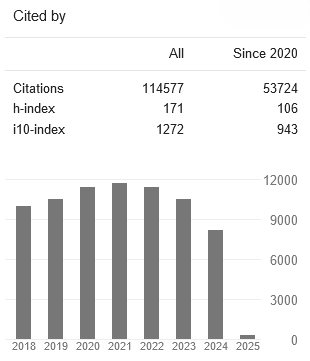Global Value Chain Governance and Power Asymmetry between Lead Firms and Suppliers: Case of Apple’s Global Value Chain and the State of Its Governance
- Shoji Akino
- Nobuhiko Yamanaka
- Yawen Huang
- Wataru Kikuchi
Abstract
The purpose of this paper is to elucidate modern production systems in which coordination and control among companies have become widespread globally. In particular, the authors aim to test the Global Value Chain (GVC) governance theory empirically with a focus on the state of Apple’s GVC governance. More specifically, the authors attempt to determine whether the relationships theoretically explained in Gereffi, Humphrey and Sturgeon (2005) can be observed in Apple’s GVC and contribute toward understanding Apple’s state of coordination. This study shows the state of coordination in Apple’s GVC does not necessarily correspond to the theoretical types. Simply put, the three determinants do not reflect the state of coordination in Apple’s GVC. This paper adopts augmenting and complementary explanations from the resource-dependence perspective to elucidate Apple’s GVC governance by empirically illustrating how Apple’s GVC governance are achieved through the accompanying asymmetric power relationships between the company and its suppliers.
- Full Text:
 PDF
PDF
- DOI:10.5539/ijbm.v16n9p58
Journal Metrics
Google-based Impact Factor (2023): 0.86
h-index(2023): 152
i10-index(2023): 1168

Index
- Academic Journals Database
- ACNP
- AIDEA list (Italian Academy of Business Administration)
- ANVUR (Italian National Agency for the Evaluation of Universities and Research Institutes)
- Berkeley Library
- CNKI Scholar
- COPAC
- EBSCOhost
- Electronic Journals Library
- Elektronische Zeitschriftenbibliothek (EZB)
- EuroPub Database
- Excellence in Research for Australia (ERA)
- Genamics JournalSeek
- GETIT@YALE (Yale University Library)
- IBZ Online
- JournalTOCs
- Library and Archives Canada
- LOCKSS
- MIAR
- National Library of Australia
- Norwegian Centre for Research Data (NSD)
- PKP Open Archives Harvester
- Publons
- Qualis/CAPES
- RePEc
- ROAD
- Scilit
- SHERPA/RoMEO
- Standard Periodical Directory
- Universe Digital Library
- UoS Library
- WorldCat
- ZBW-German National Library of Economics
Contact
- Stephen LeeEditorial Assistant
- ijbm@ccsenet.org
